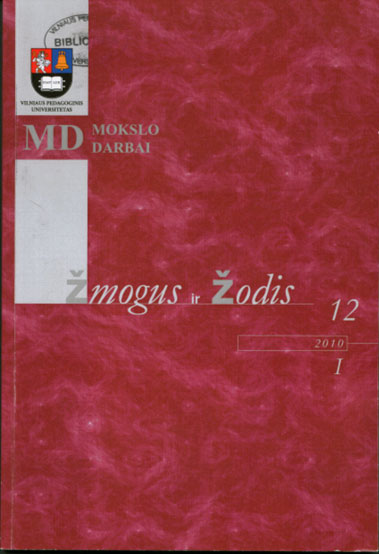Substrate phonetic effects in North Russian dialects
Substrate phonetic effects in North Russian dialects
Author(s): Irina Begunts V.Subject(s): Language and Literature Studies
Published by: Vytauto Didžiojo Universitetas
Keywords: Russian dialects; phonetics; local accents; substrate effects.
Summary/Abstract: In this abstract we consider a very special aspect in the study of North Russian dialects, that is, phonetic effects, which may be due to substrate influence. In terms of vocabulary, grammar and phonetics, North Russian dialects show numerous phenomena which can be regarded as traces of Finno-Ugric languages spoken by the tribes that inhabited northern areas of Russia before the Slavs arrived. In phonetics, substrate effects result in sound substitution, e.g. pronunciation of [g’’] instead of [j] and [k] instead of [h], and may also affect phonological categories as such. Namely, in a number of North Russian dialects the opposition of voiced and voiceless consonants differs from what is found in standard Russian and in the bulk of Russian accents. It is closely related to the opposition of tense/lax consonants, which is typical of most Finno-Ugric languages and thus may be a result of interlinguistic contact. The same refers to the opposition of palatalized and non-palatalized consonants, which is weakened or even absent in the sound systems of some North Russian dialects.
Journal: Žmogus ir žodis
- Issue Year: 12/2010
- Issue No: 1
- Page Range: 11-13
- Page Count: 3
- Language: English

